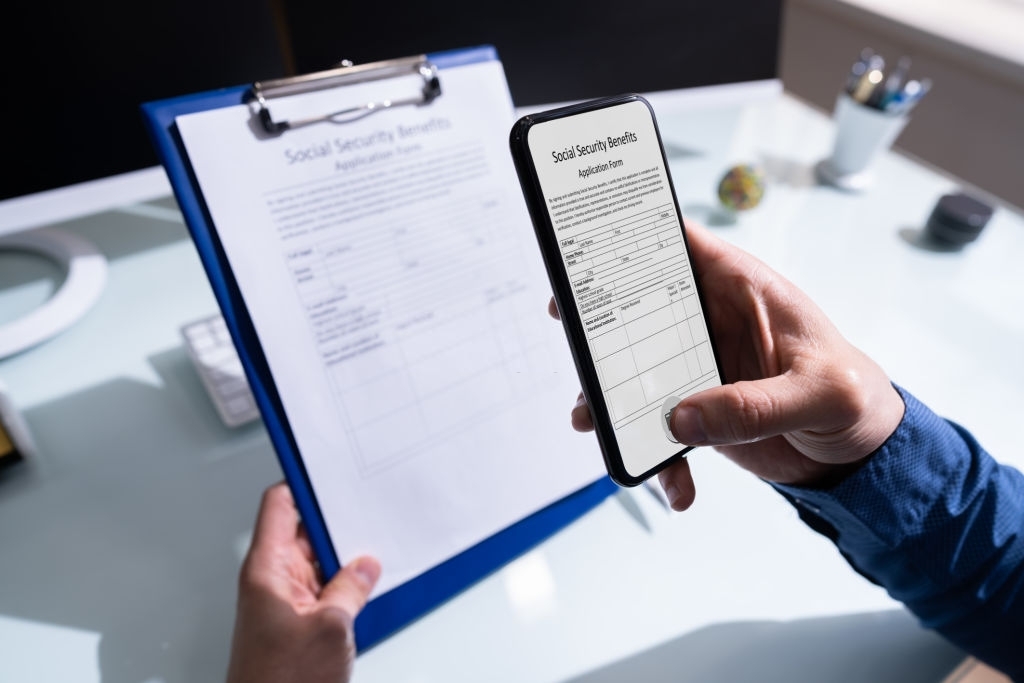Introduction:
In today’s competitive business landscape, the success of an organization relies heavily on its workforce. Hiring the right employees who possess the necessary skills, integrity, and suitability for the job is paramount. This is where background screening emerges as a powerful tool for employers. In this blog post, we will delve into the importance of background screening, highlighting the key reasons why it matters to employers and the substantial impact it can have on their organizations.
Ensuring a Safe and Secure Work Environment:
One of the primary reasons background screening matters to employers is the assurance of a safe and secure work environment. By conducting comprehensive checks, employers can identify any potential risks, such as criminal records or fraudulent activity, that may pose a threat to the well-being of their employees, clients, and company assets. A thorough background screening process helps mitigate these risks and fosters a secure workplace for all.
Protecting Reputation and Brand Image:
A company’s reputation and brand image are invaluable assets. Employers understand that a single incident involving an employee with a questionable background can tarnish their reputation significantly. Background screening plays a pivotal role in safeguarding a company’s reputation by ensuring that individuals representing the organization possess a track record of ethical conduct and integrity. By employing individuals with a clean background, employers project a positive image to stakeholders and clients.
Mitigating Legal and Financial Risks:
Background screening serves as a crucial risk mitigation strategy for employers. Hiring individuals without a comprehensive understanding of their background can expose organizations to legal and financial risks. Negligent hiring lawsuits, employee misconduct, or non-compliance with industry regulations can result in substantial legal costs, damage to company finances, and even the potential loss of business opportunities. Background screening minimizes these risks by providing vital information to make informed hiring decisions.
Improving Quality of Hires:
Background screening significantly enhances the accuracy of hiring decisions and improves the overall quality of hires. By verifying applicants’ qualifications, employment history, and credentials, employers can ensure that candidates possess the necessary skills and experience to excel in their roles. Additionally, a comprehensive background screening process helps employers evaluate candidates’ honesty and integrity, aligning their values with those of the organization. This ultimately leads to higher employee productivity, job satisfaction, and reduced turnover rates.
Demonstrating Due Diligence and Compliance:
In an increasingly regulated business environment, employers must demonstrate due diligence and compliance with industry-specific regulations. Background screening is an essential aspect of meeting these obligations. By conducting thorough checks, employers can demonstrate that they have taken reasonable steps to ensure the suitability of their hires. This commitment to compliance strengthens relationships with clients, regulatory bodies, and other stakeholders, instilling confidence in the organization’s operations.
Protecting the Organization’s Culture and Values:
Maintaining a cohesive and values-driven corporate culture is vital for long-term success. Background screening plays a crucial role in protecting and preserving the organization’s culture and values. By hiring individuals who align with the company’s principles, employers can foster a positive work environment, teamwork, and shared values. Background screening helps ensure that potential hires share the organization’s commitment to ethical behavior, professionalism, and respect for others.
Background screening is a powerful tool that empowers employers to make informed hiring decisions and mitigate potential risks. From ensuring a safe work environment and protecting reputation to mitigating legal and financial risks, background screening plays a vital role in shaping the success and sustainability of organizations. By leveraging the power of background screening, employers can secure their workforce, make quality hires, comply with regulations, and foster a strong company culture. Ultimately, background screening is an investment in the long-term prosperity of an organization.










